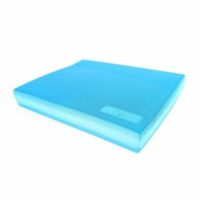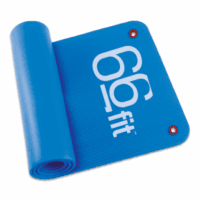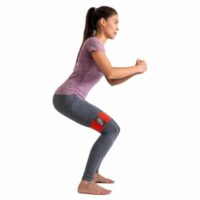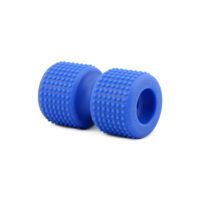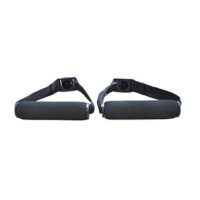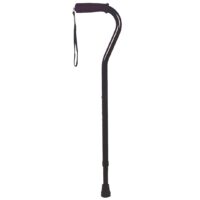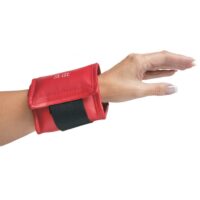Rheumatology Physiotherapist
Article by Shane Armfield

Rheumatology Physiotherapy
Consult Your Rheumatology Physiotherapist for a Fresh Perspective
Arthritis, a term that blankets over a hundred conditions affecting joints, muscles, and, indeed, your entire body, leads to pain, stiffness, and sometimes debilitating physical limitations. In the heart of managing these conditions lies rheumatology physiotherapy—a specialized approach that has transformed lives.
The Role of a Rheumatology Physiotherapist
Physiotherapists with a focus on rheumatology are champions for those battling arthritis. They investigate and assist deep into conditions like Ankylosing Spondylitis, Fibromyalgia, Lupus, Psoriatic Arthritis, Rheumatoid Arthritis, and Juvenile Arthritis, providing not just relief but a pathway to better quality of life.
Read more:
- Ankylosing Spondylitis,
- Fibromyalgia,
- Lupus,
- Psoriatic Arthritis,
- Rheumatoid Arthritis, and
- Juvenile Arthritis

Why Seek Professional Advice?
The journey with a rheumatic condition often feels isolating and overwhelming. Yet, it doesn’t have to be. Early intervention and consistent therapy can significantly dial down the pain and slow the disease’s progression, enabling you to lead a fuller life.
Empowerment through Knowledge
Understanding your condition is the first step. Whether it’s the wear-and-tear of osteoarthritis affecting your knees or the systemic inflammation of rheumatoid arthritis crippling your hands, knowing what you’re up against is empowering.
Read more:
The Vitality of Physiotherapy
Recent studies affirm physiotherapy’s critical role in alleviating arthritis-related discomfort, particularly in osteoarthritis of the knee and hip. Through targeted exercises, pain management techniques, and lifestyle advice, physiotherapists empower you to regain control over your life.
What to Do?
Facing arthritis head-on means seeking the right support—your physiotherapist’s knowledge is invaluable. They guide you through exercises that strengthen your joints, offer pain relief strategies, and recommend lifestyle adjustments to mitigate your symptoms.
Conclusion
Living with arthritis is undeniably challenging, but with the right support, including rheumatology physiotherapy, you can navigate this journey with strength and hope. Remember, your physiotherapist is more than a healthcare provider; they’re your partner in striving for a better, more active life.
Rochedale - Call 38410277
Book Online: RochedaleSalisbury - Call 32751044
Book Online: SalisburySandgate - Call 32691122
Book Online: SandgateRheumatology FAQs
1. What Does a Physiotherapist do for Rheumatoid Arthritis?
For someone living with rheumatoid arthritis, a physiotherapist is like a coach in your corner. They whip up exercises tailored just for you, aiming to strengthen your muscles, improve joint flexibility, and reduce pain. They might also introduce you to some handy tools and techniques to make daily tasks a bit easier and teach you how to protect your joints from further damage.
2. Do Rheumatologists Treat Muscles?
Yep, rheumatologists do treat muscles, along with joints and connective tissues. Since many rheumatic conditions can cause muscle pain and stiffness, rheumatologists have a keen eye for spotting these issues and often work alongside physiotherapists to give you a comprehensive treatment plan.
3. Can a Physiotherapist Diagnose Rheumatoid Arthritis?
Physiotherapists are sharp when it comes to spotting the signs of rheumatoid arthritis, but they won’t officially diagnose it. That’s a job for a rheumatologist, who uses detailed medical history, physical exams, and tests like blood work and X-rays to make the call.
4. Is Rheumatology the Same as Physiotherapy?
Not quite. Rheumatology and physiotherapy are mates but not twins. Rheumatology is a branch of medicine focused on diagnosing and treating rheumatic diseases. Physiotherapy, on the other hand, is all about rehabilitating and improving movement through physical methods like exercise, massage, and other treatments.
5. Is Rheumatology the Same as Arthritis?
Rheumatology covers more ground than just arthritis. While arthritis is a big part of what rheumatologists treat, they also deal with other rheumatic conditions affecting your musculoskeletal system and connective tissues.
6. Should You Massage Rheumatoid Arthritis?
Massage can be a real treat for sore joints and muscles caused by rheumatoid arthritis. It can help ease pain, reduce stiffness, and improve circulation. But, it’s important to go gentle and make sure the massage therapist knows their stuff when it comes to RA to avoid any flare-ups.
7. Does Physiotherapy Reduce Inflammation?
Physiotherapy techniques, including exercise-load management, bracing and manual therapies, can help bring down inflammation. This can lead to reduced pain and improved function. It’s all about the right approach to suit your specific needs.
We hope that clears things up! If you’ve got more questions or need a hand (or a knee), your local physio or rheumatologist is ready to help out.
Rochedale - Call 38410277
Book Online: RochedaleSalisbury - Call 32751044
Book Online: SalisburySandgate - Call 32691122
Book Online: SandgateRelated Articles
- Rheumatoid Arthritis: Explores the autoimmune nature of rheumatoid arthritis, including symptoms, diagnosis, and treatment strategies.
- Ankylosing Spondylitis: Offers an overview of ankylosing spondylitis, emphasising its impact on life quality and management options.
- Hip Arthritis: Discusses the implications of hip arthritis, including referred pain sources and the role of physiotherapy and surgery in managing severe cases.
- Knee Arthritis: An overview of knee arthritis and the impact your your life.
- Ankle Arthritis: Provides insights into how ankle arthritis affects mobility and the various treatment options available to manage symptoms.
- Spondylosis: An in-depth discussion into spondylosis (spine arthritis), covering everything from nerve-related injuries to the best treatments for neck and back pain.
- Fibromyalgia: A comprehensive look at fibromyalgia, including its relationship with arthritis and how physiotherapy can help manage the condition.



